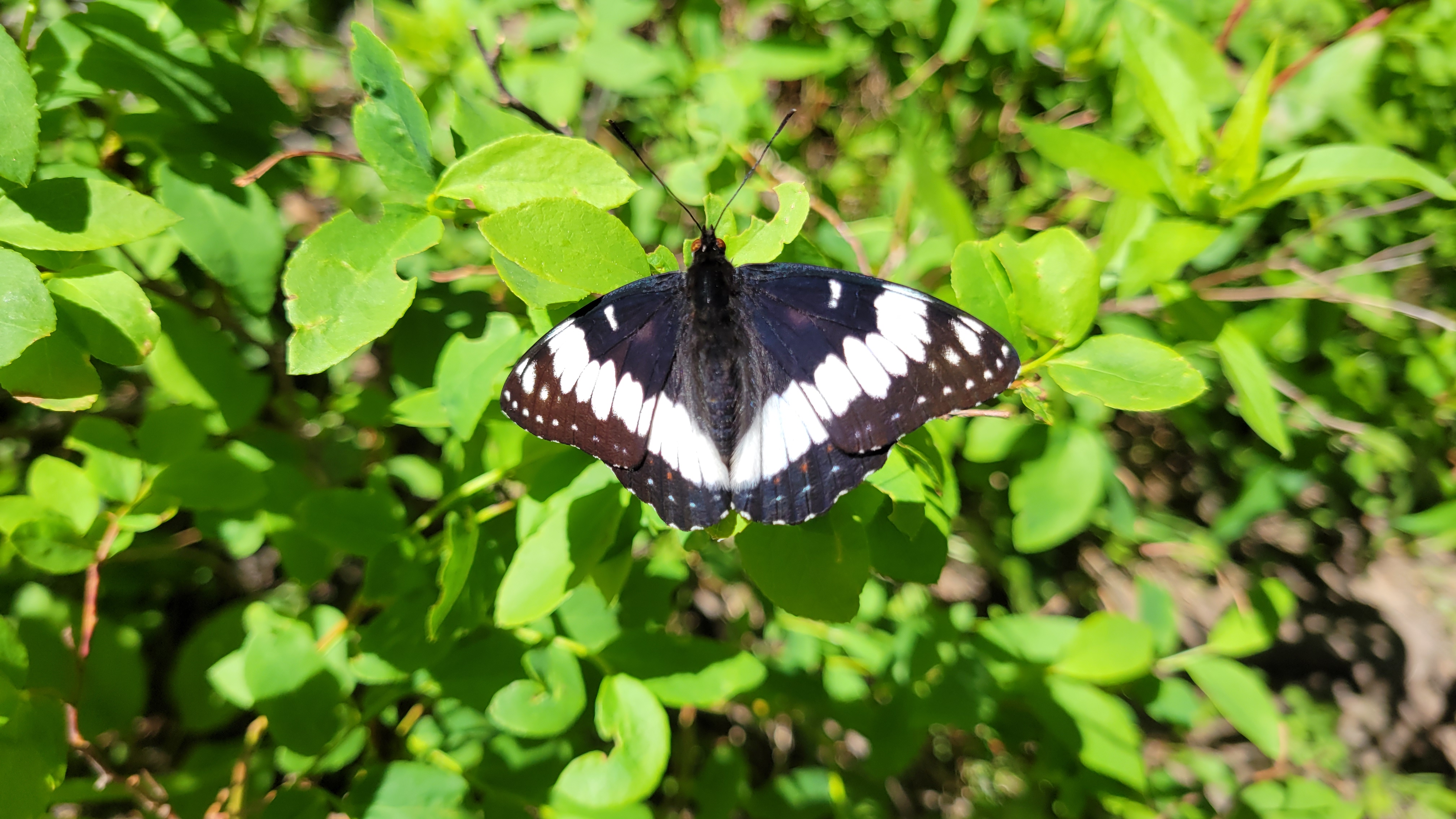
Native Pollinating Insects Health Study
Native Pollinating Insects Health Study
In response to Senate Bill 22-199, the Colorado Department of Natural Resources commissioned a study on native pollinating insects. This collaborative study was conducted by Colorado State University Extension, the Xerces Society for Invertebrate Conservation, and the University of Colorado Museum of Natural History, in consultation with state and federal agencies, researchers, scientists, and land managers across the state.
Study Leads
Colorado State University Extension: Deryn Davidson (PI), Sustainable Landscape State Specialist
Xerces Society for Invertebrate Conservation: Steve Armstead, Pollinator Conservation & Nature-Based Climate Solutions Specialist
University of Colorado Museum of Natural History: Adrian Carper, Research Associate
The study outlines how Colorado is home to a rich community of native insects whose pollinating services are at the heart of healthy environments and economies, but concludes that overall, the status of Colorado’s native pollinating insects is tenuous, with the primary drivers of decline being habitat loss, inadequate land-management practices, pesticides, competition from non-native species, and climate change, among others.
The study states that promoting policies which benefit native pollinating insects represents the biggest opportunity to foster healthy and sustainable pollinator populations, especially in agricultural and urban habitats and identified the five highest areas of immediate action and priorities:
- Priority 1: Protect imperiled native pollinating insects
- Priority 2: Protect, restore, and connect pollinator habitats
- Priority 3: Mitigate environmental changes that negatively impact pollinators and their habitats
- Priority 4: Reduce the risks from pesticides to pollinating insects
- Priority 5: Monitor and support native and managed pollinator health

Frequently Asked Questions
A key component of the study is to assess current state land manager practices that support and protect healthy and diverse insect pollinator communities and recommend additional best practices for state programs including mitigation factors and highlight opportunities for management, protection, and recovery efforts. The study includes recommendations for how the state can develop an effective education and outreach programs to raise public awareness, engagement and actions that encourage protecting the health of native pollinating insects in the state.
In addition to collaborating with Department of Natural Resources to assess management practices, the study also focus on other state agencies including the Department of Transportation, the Department of Agriculture, the Department of Public Health and Environment and seek input from several federal agencies including the US Fish and Wildlife Service, US Forest Service and Department of Agriculture to learn about their existing programs related to native insect pollinators.
The focus of this study is to address state agency programs and resources. While there are many other insect pollinator programs and land management efforts happening at regional, county, and local levels, this study does not include an assessment nor recommendations related to programs other than state programs. The study collected information about and made recommendations to the Department of Natural Resources and other state agencies on potential programs and organizations beyond state-level programs that may be helpful to coordinate or collaborate with to enhance pollinator conservation efforts across the state. Learn more on how to participate in Colorado pollinator conservation.
Resources
- Creating Pollinator Habitat
- Attracting Native Bees to Your Yard
- Attracting Butterflies to the Garden
- A Beginner’s Field Guide to Identifying Bees
- Native Bee Watch, CSU Extension Community Science Program
- The Bees of Colorado, CU Museum of Natural History
- Xerces Society for Invertebrate Conservation Website
